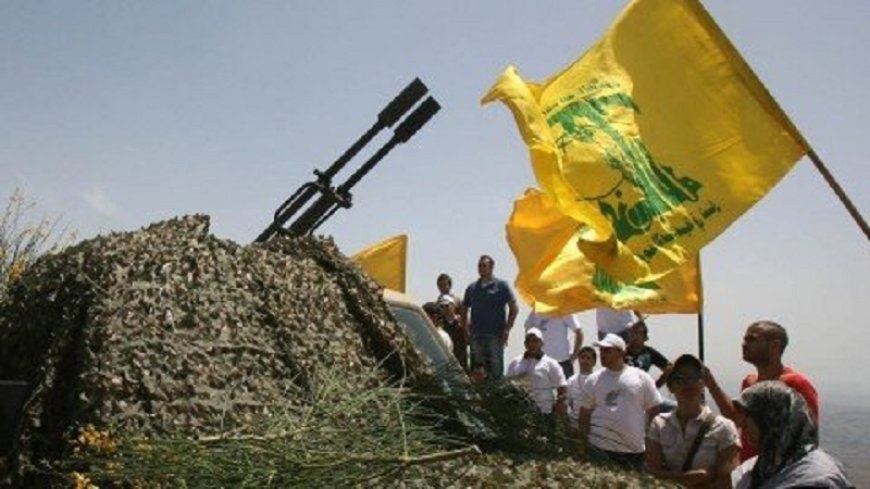Hezbollah Intensifies Attacks on Israeli Military Base Amid Escalating Tensions
Lebanon's Hezbollah has intensified its attacks on Israeli military positions, launching a fresh missile strike on the Al-Ramsa military base, a key installation of the Israeli army in the occupied territories. This escalation marks a significant development in the ongoing conflict in the region.

Lebanon's Hezbollah has intensified its attacks on Israeli military positions, launching a fresh missile strike on the Al-Ramsa military base, a key installation of the Israeli army in the occupied territories. This escalation marks a significant development in the ongoing conflict in the region.
According to reports from Al-Mayadin channel, Hezbollah confirmed in a statement that its fighters targeted the Al-Ramsa base, located on the Kafr Shuba hills at the Al-Ramsa border point. The statement highlighted the strategic importance of this location, which has now become a focal point for Hezbollah's military operations.
Simultaneously, the Izzeddin Al-Qassam Brigades, the military wing of Hamas, announced a successful attack on an Israeli tank in the Al-Shujaiya area, east of Gaza City. Using the Al-Yasin anti-tank missile, the brigades reported the destruction of the tank, further intensifying the conflict.
Palestinian resistance forces, including fighters from the Al-Qassam Brigades and Saraya Al-Quds battalions, have been actively engaged in ground battles with Israeli forces. These fighters have reportedly destroyed numerous Israeli tanks and armored vehicles, inflicting significant casualties among Israeli soldiers.
In a statement on Friday, Sheikh Ali Damush, Deputy Chairman of the Hezbollah Executive Council in Lebanon, emphasized the interconnected nature of security in the region. He asserted, "The enemy must know that the establishment of security in the north of occupied Palestine depends on the security of the Gaza Strip. The safe return of the Zionist settlers to their living spaces in the north depends on the safe return of the people of Gaza."
Damush's comments reflect the broader strategic considerations at play, highlighting the symbiotic relationship between different fronts of the conflict. His remarks underscore the challenges faced by Israeli leadership in addressing the multifaceted threats posed by various resistance movements.
The ongoing conflict has also led to heightened vigilance among Israeli military and political leaders. An article in the Israeli newspaper Hayom noted that the nature of the current war differs significantly from previous conflicts. The article suggested that Israeli leaders may lack comprehensive, up-to-date intelligence on the evolving threats posed by Hezbollah, complicating their strategic calculations.
As the conflict continues to escalate, the situation remains highly volatile. Both sides are engaged in a complex and dangerous confrontation, with significant implications for regional stability and security. The international community continues to monitor these developments closely, with calls for diplomatic interventions to de-escalate the situation and address the underlying causes of the conflict.













































